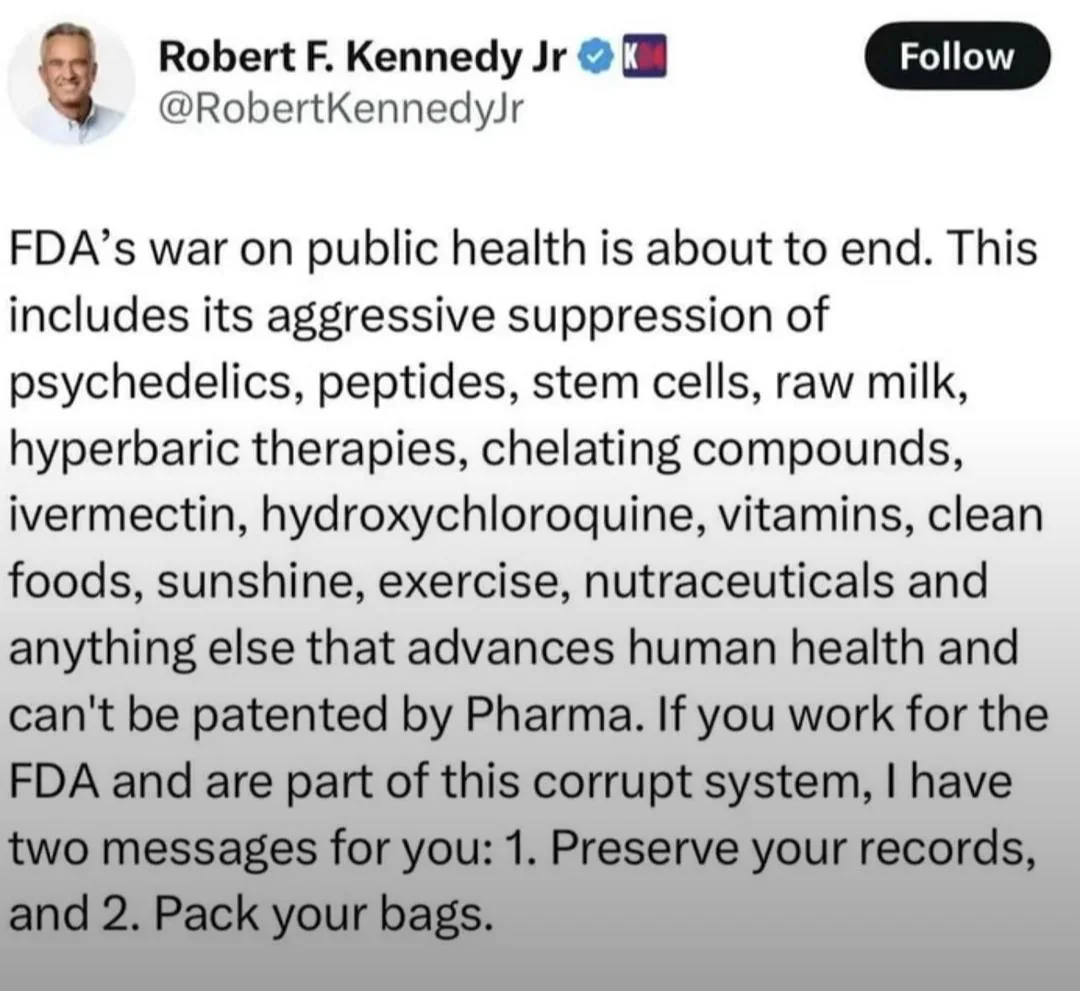this post was submitted on 24 Nov 2024
655 points (98.5% liked)
Science Memes
11440 readers
513 users here now
Welcome to c/science_memes @ Mander.xyz!
A place for majestic STEMLORD peacocking, as well as memes about the realities of working in a lab.

Rules
- Don't throw mud. Behave like an intellectual and remember the human.
- Keep it rooted (on topic).
- No spam.
- Infographics welcome, get schooled.
This is a science community. We use the Dawkins definition of meme.
Research Committee
Other Mander Communities
Science and Research
Biology and Life Sciences
- [email protected]
- [email protected]
- [email protected]
- [email protected]
- [email protected]
- [email protected]
- [email protected]
- [email protected]
- [email protected]
- [email protected]
- [email protected]
- [email protected]
- [email protected]
- [email protected]
- [email protected]
- [email protected]
- [email protected]
- [email protected]
- [email protected]
- [email protected]
- [email protected]
- [email protected]
- [email protected]
- [email protected]
- !reptiles and [email protected]
Physical Sciences
- [email protected]
- [email protected]
- [email protected]
- [email protected]
- [email protected]
- [email protected]
- [email protected]
- [email protected]
- [email protected]
Humanities and Social Sciences
Practical and Applied Sciences
- !exercise-and [email protected]
- [email protected]
- !self [email protected]
- [email protected]
- [email protected]
- [email protected]
Memes
Miscellaneous
founded 2 years ago
MODERATORS
you are viewing a single comment's thread
view the rest of the comments
view the rest of the comments

Right, but we already have that so I left it off the list. Not that there aren't things that slip through, but that's mostly a matter of enforcement and ensuring compliance (both things I do not expect him to take seriously).
We don't really. The EU refuses to import things like US chicken because of our food processes.
EU food standards are leagues past ours, but the core reason is regulating some of our worst factory farm processes. More regulation will absolutely not happen for 4 years, so no real progress will be made.
That "worst factory farm process" is cleaning chicken with cleaning agents generally regarded as safe.
https://sgp.fas.org/crs/misc/R40199.pdf
The EU food safety agencies have issued opinions that it's fine, and the EU would resume importing US poultry if it weren't for that. The same agents are allowed to be used on other imported and domestically produced foods.
The conditions in our typical poultry facility are perfectly in line with theirs, we just allow an additional rinse that they don't.
Our food supply is nowhere near as gross as people seem convinced.
The biggest threat to the cleanliness of our food supply is actually people like RFK who view the food safety apparatus as the enemy.
I really don't see the incoming administration blocking washing poultry with vinegar or a dilute bleach solution and compensating with increased staffing for food inspection agents. More likely they approve requests by the meat industry to be able to do their own inspection and reduce independent verification in the name of "efficiency".
GRAS can be self-affirmed by companies. It's a huge loophole.
Also, the conditions chickens are raised and slaughtered in the US as well as its dependence on undocumented workers that will not jeopardize their jobs by reporting safety issues or contamination hazards are also really large problems.
Our food supply has issues I would consider pretty gross and it's going to get a whole lot worse over the next few years.
In the case of the food cleaning sprays, I didn't use "generally regarded as safe" in the sense they use it for food additives, I meant it in the plain English sense. The list of acceptable sprays is codified by the FDA and both the US and EU food safety organizations acknowledge that the risk of public health because of them is negligibly low. That's why the EU also uses the same sprays, just not for poultry specifically. Our standards are otherwise completely compatible .
I'm not saying there aren't gross things in our food system, or things we allow that others don't. I'm saying the poultry thing isn't one of them, and the reputation our food system has as a disgusting free for all is unwarranted.
Given the giant list of companies that do absolutely nothing to limit the PFCs in our food, we really don't.